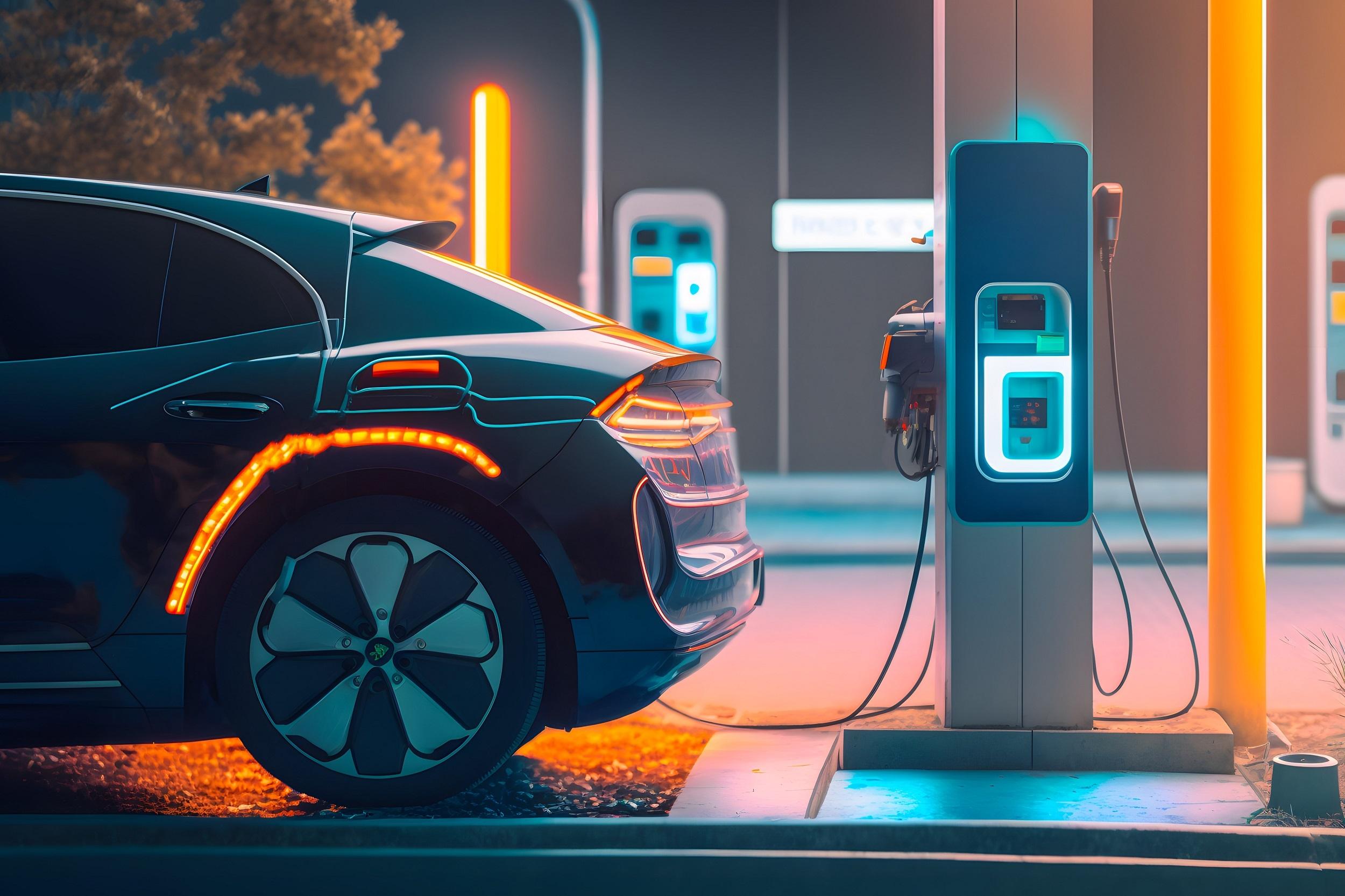The car industry is highly sensitive to economic trends, which can significantly influence consumer behavior, manufacturing processes, and overall market dynamics. Understanding these impacts helps stakeholders navigate the complexities of the market and adapt to changing conditions. Here’s a comprehensive look at how various economic trends are shaping the car industry.
1. Global Supply Chain Disruptions
Overview: Recent global supply chain disruptions, exacerbated by the COVID-19 pandemic, have had a profound impact on the car industry. Semiconductor shortages, in particular, have caused significant production delays.
Impact:
- Production Delays: Automakers have faced interruptions in the production of vehicles due to a lack of critical components, leading to extended lead times and reduced inventory.
- Increased Costs: The cost of raw materials and logistics has risen, squeezing profit margins for manufacturers.
- Shift in Strategy: Companies are re-evaluating their supply chains, looking to diversify suppliers and increase inventory levels to mitigate future risks.
2. Rising Inflation
Overview: Inflation rates have been on the rise globally, impacting various sectors including the automotive industry.
Impact:
- Higher Vehicle Prices: The cost of manufacturing has increased due to higher prices for materials, labor, and transportation, which is passed on to consumers in the form of higher vehicle prices.
- Financing Costs: With central banks raising interest rates to combat inflation, auto loans have become more expensive, potentially reducing the affordability of new cars.
- Consumer Behavior: High inflation can lead consumers to delay purchases or opt for used cars, impacting new car sales.
3. Shift Towards Electric Vehicles (EVs)
Overview: The shift towards electric vehicles is driven by regulatory pressures, environmental concerns, and technological advancements.
Impact:
- Investment in EV Infrastructure: Significant investments are being made in charging infrastructure and battery technology, with governments offering incentives to support the transition.
- Market Dynamics: Traditional automakers are increasingly competing with new entrants focused exclusively on EVs, leading to innovation and collaboration within the industry.
- Job Market Shifts: The move to EVs is changing the skills required in the automotive workforce, with a growing emphasis on software, electronics, and renewable energy expertise.
4. Changing Consumer Preferences
Overview: Consumer preferences are evolving, with a growing emphasis on sustainability, connectivity, and shared mobility.
Impact:
- Demand for Sustainable Options: There is increasing demand for environmentally friendly vehicles, pushing manufacturers to accelerate the development of EVs and hybrid models.
- Connected Cars: Consumers are seeking advanced connectivity features, driving the integration of technologies such as 5G, AI, and IoT in new models.
- Shared Mobility: The rise of ride-sharing and car-sharing services is altering traditional ownership models, prompting manufacturers to explore new business models.
5. Economic Policies and Regulations
Overview: Government policies and regulations significantly impact the automotive industry, from emissions standards to trade agreements.
Impact:
- Emissions Standards: Stricter emissions regulations are compelling automakers to innovate and produce more efficient and cleaner vehicles.
- Incentives for Green Vehicles: Subsidies and tax incentives for EVs are driving consumer adoption and influencing market dynamics.
- Trade Policies: Tariffs and trade agreements can affect the cost of exporting and importing vehicles and parts, influencing pricing and supply chains.
6. Technological Advancements
Overview: Rapid technological advancements are transforming the car industry, particularly in areas like autonomous driving, connectivity, and manufacturing processes.
Impact:
- Autonomous Vehicles: The development of autonomous driving technology is advancing, with implications for safety, regulation, and urban planning.
- Smart Manufacturing: Automation and AI are being integrated into manufacturing processes, increasing efficiency and reducing costs.
- Cybersecurity: As cars become more connected, cybersecurity becomes critical, prompting investments in protecting vehicles from digital threats.
7. Economic Growth and Consumer Confidence
Overview: Economic growth and consumer confidence levels are critical drivers of car sales.
Impact:
- Increased Sales: In periods of economic growth and high consumer confidence, car sales typically increase as consumers are more willing to make significant purchases.
- Luxury Segment Growth: Higher disposable incomes often lead to increased demand for luxury vehicles.
- Market Volatility: Economic downturns or uncertainties can lead to reduced car sales as consumers become more cautious with their spending.
Conclusion
The car industry is intricately linked to broader economic trends, which can drive significant changes in production, consumer behavior, and market dynamics. As global supply chains adapt, inflation pressures mount, and the shift towards electric and connected vehicles continues, automakers must remain agile and forward-thinking. By understanding and anticipating these economic trends, the industry can better navigate challenges and seize opportunities in an ever-evolving market landscape.



